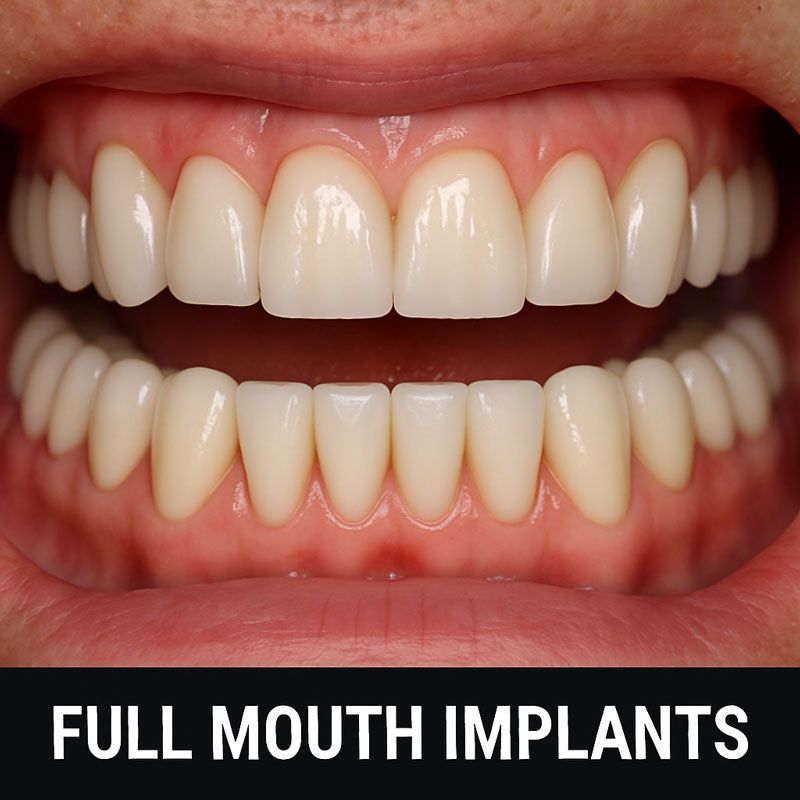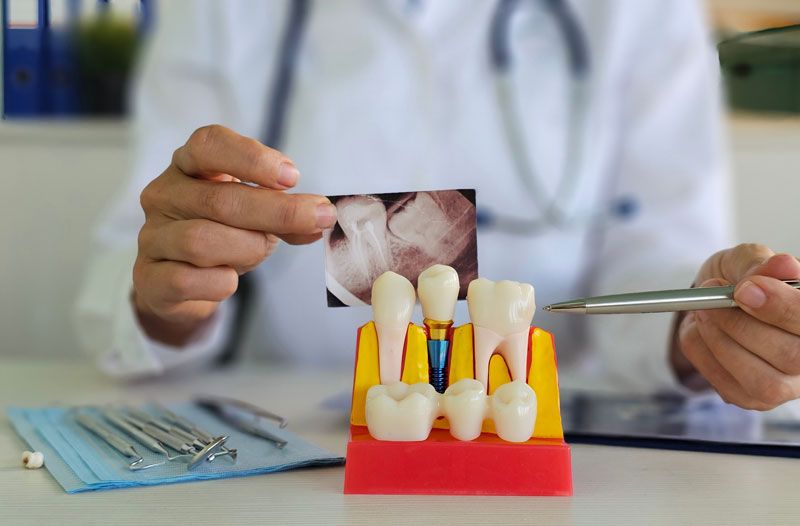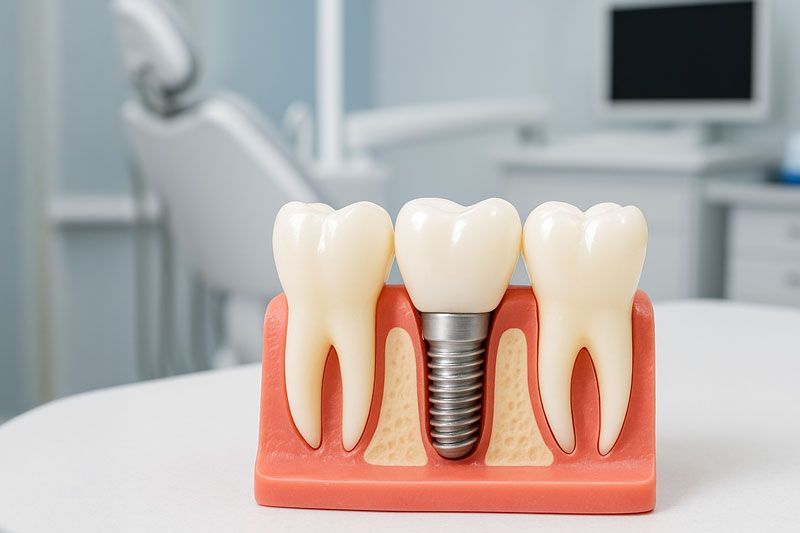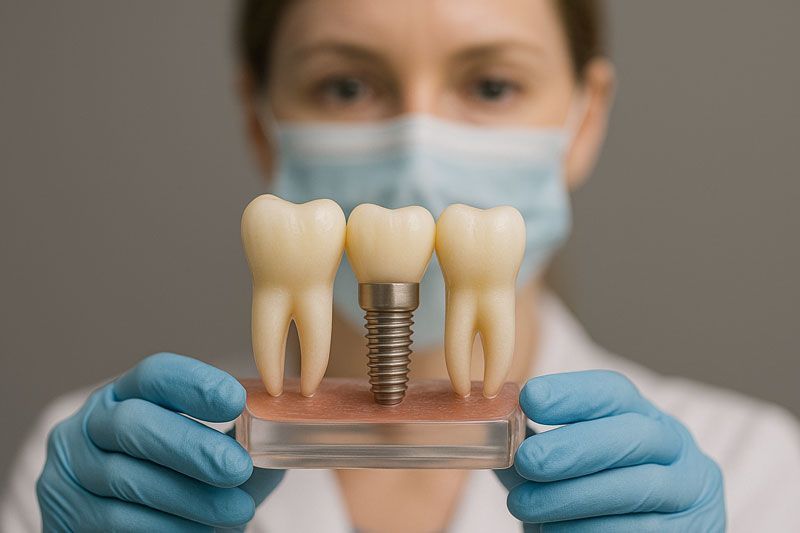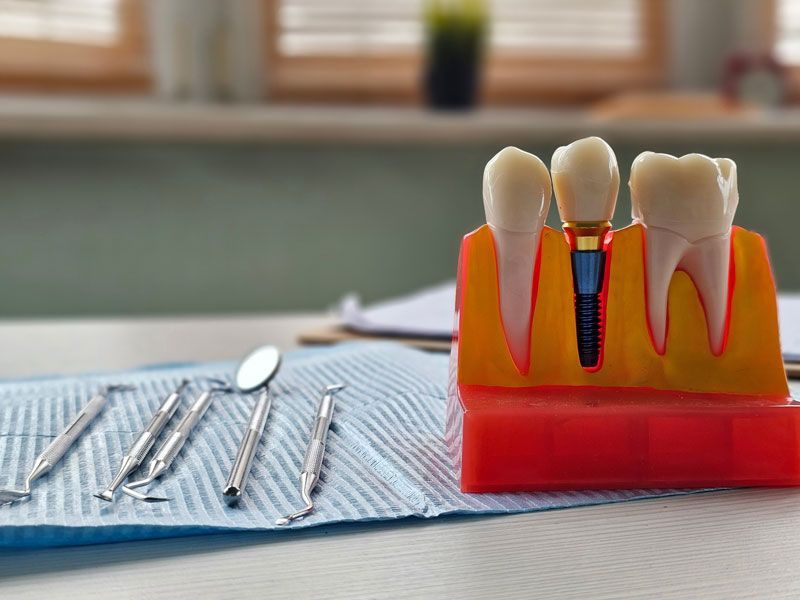How Expensive Is A Tooth Implant? The Price Of Dental Implants In 2024
If you’re asking, how expensive is a tooth implant in 2024, the short answer is: it varies a lot. Most single-tooth implants with a crown cost roughly $3,000 to $6,000 in the U.S., but simpler or more complex cases can fall outside that range. This guide explains the main cost drivers, ways to lower expenses, and how to choose value over the lowest price.
Typical price range for a tooth implant in 2024
For a single tooth implant plus an abutment and crown, expect a typical total range of about $3,000 to $6,000. Some providers quote lower-starting prices around $1,500 for basic cases, while complex or premium options can exceed $8,000. Keep in mind that the total fee often breaks into separate charges:
- Implant post (the titanium or ceramic screw): $1,000–$3,000
- Abutment (connector): $300–$800
- Crown (final tooth): $800–$2,500
These numbers are averages. Geographic location, provider type, and case complexity push prices up or down.
Main factors that affect how expensive a tooth implant will be
Type of restoration
A single implant with a crown is usually the least costly per tooth. An implant-supported bridge or partial is pricier per procedure but can lower cost per tooth compared to many single implants. Full-arch solutions (All-on-4 or similar) often run from $15,000 to $50,000 per arch depending on materials and technique.
Diagnostic work and technology
Modern implant planning improves outcomes but adds cost. Typical fees include:
- 2D X-rays: $50–$200
- CBCT 3D scans: $150–$500
- Surgical guides and digital planning: $200–$800
Using 3D-guided surgery and high-end planning software can reduce risk but increases the price.
Bone health and additional procedures
If you need extra work, expect higher costs. Common add-ons:
- Tooth extraction: $75–$800
- Bone graft: $200–$3,000 (depending on size and material)
- Sinus lift: $1,500–$4,000
Patients with good bone and no extractions typically pay less. Needing multiple grafts or complex surgery raises the total significantly.
Provider skill and location
Oral surgeons and periodontists who place many implants usually charge more than general dentists. Urban and coastal regions also have higher fees than rural areas. Experience matters: higher fees can reflect lower complication rates and better long-term results.
Materials and lab fees
The brand of implant, abutment material, and crown type affect cost. Premium implant brands, custom titanium or zirconia abutments, and high-end all-ceramic crowns (zirconia) cost more than basic options. Lab fees for custom restorations add to the final bill.
Insurance, payment options, and ways to reduce cost
Dental insurance often covers only part of the crown or lab work and rarely covers the implant post itself. Medical insurance usually does not apply unless the implant relates to a medical issue.
- Financing: Use third-party medical/dental lenders (CareCredit, LendingClub), in-house plans, or monthly payment options to spread cost.
- Lower-cost routes: Dental schools offer reduced fees with supervised care. Phased treatment (doing the implant in stages) can spread cost over time.
- Negotiate: Ask for bundled pricing, ask about discounts for paying in full, or watch for seasonal promotions.
How to choose the right provider — value over lowest price
Choosing a provider is more than picking the cheapest quote. Ask these questions at a consultation:
- How many implants have you placed, and what is your complication rate?
- Who does the surgical placement and who makes the crown — in one office or multiple providers?
- Do you use CBCT scans and digital planning? Will a surgical guide be used?
- What implant brand and materials will you use, and why?
- Are follow-up visits, repairs, or a warranty included?
Schedule a consult to get an an individualized estimate and treatment timeline. A trustworthy provider gives clear, written fees and explains alternatives. Keep in mind that paying a bit more upfront for a skilled team and higher-quality materials can save money and headaches later.
In short, how expensive is a tooth implant depends on many factors: the type of restoration, diagnostics, bone work, provider, and materials. Next steps: book a consult, get imaging, and compare written quotes so you can choose the best value for your situation.






